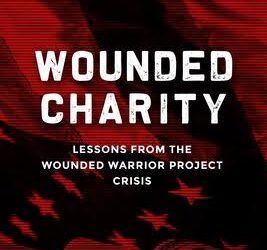“The notion of empowerment presumes that the organization has the power and benevolently ladles some of it into the waiting bowls of grateful [people]. That’s just a slightly more civilized form of control.”— Daniel Pink
It’s a favorite nonprofit buzzword — there are programs to empower the youth to brighter futures, empower the economically disadvantaged to financial security, empower the elderly to make the most of their golden years.
But when we say a nonprofit is empowering individuals to do so-and-so, the assumption is this: The nonprofit has power. The constituent does not. The benevolent nonprofit is generous enough to bestow some of this desired power onto the power-deprived.
This is problematic at best — particularly when many nonprofit organizations wish to center the dignity and full human experience of the people they serve.
“This is more than just semantics,” writes Ann Hudok, who banned the word at Counterpart International, where she serves as President & CEO. “In my view, how you talk about empowerment speaks volumes about how you conceive of and implement development programs.”
As we seek to uphold more equitable power dynamics, from person to person, donor to nonprofit, and nonprofit to constituents, Impact Communications is opting for language that puts the individual in charge of their own story. A nonprofit can provide crucial support, but let the person maintain the agency over their own choices, victories, and narrative.




0 Comments